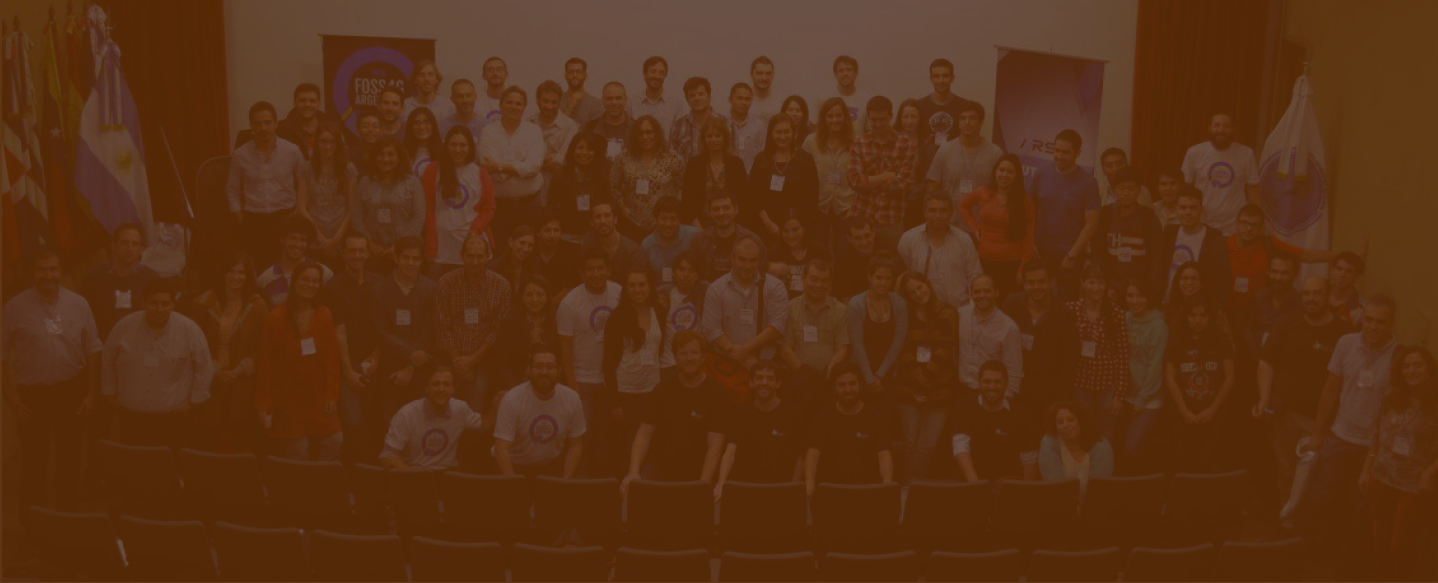Immaculata Mwanja
My name is Immaculata B. Mwanja, a Tanzanian female youth who completed my Bachelor’s Degree last year (2018) on BSc. Urban and Regional Planning. I have been an active member of the OpenStreetMap community since 2015 where I participated in different projects, one of which has made Dar es Salaam the most digitized city in Africa.
Lately, I have been working with cadastres and community members to provide the urban poor with their rights to own a title deed. Using a new cheap and accurate technology, I am a strong believer that in the near future, this is the future for all cadastres in the world!

Sessions
At least 70% of residents in Dar es Salaam live in informal settlements with no access to their land rights. With the rapid urbanization going on in the city, it shows that this problem will get worse in the years ahead. The scale of the problem is huge (over 1 billion people do not have land rights), not only in Tanzania but also in the world at large.
The cost of surveying plots and providing title deeds is prohibitive using conventional methods, but using community mapping, OpenStreetMap, and cheap dual-frequency sensors it is possible. Our solution is simple: community cadastres. Working with small communities (100-200 people), and using low-cost, high-accuracy, dual-frequency Real-Time Kinematics, we can create incredibly precise maps that lead to title deeds.
I will share the story of using this technology in one subward in Dar es Salaam, and how we used both OpenStreetMap and open-source tools such as QGIS, to make the community cadastres part of the map that leads to land rights.

